transcript.
Los Angeles
July 2019
On The Future of Bread and Coffee
Panel
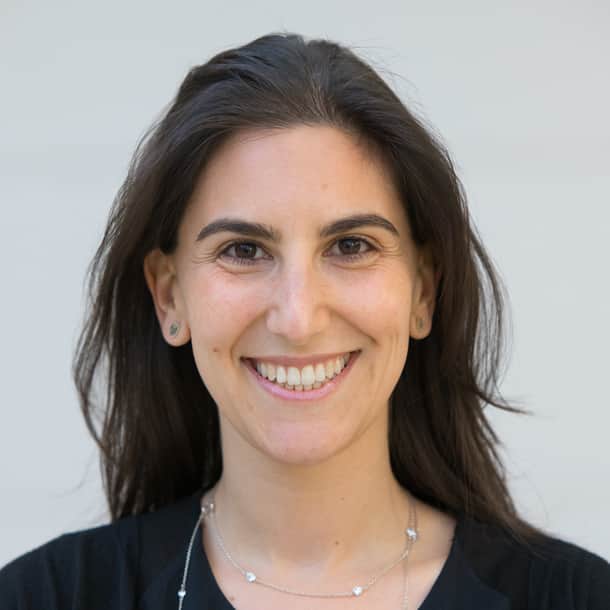
Alexandra Fattal
Former Italy Correspondent, The Economist
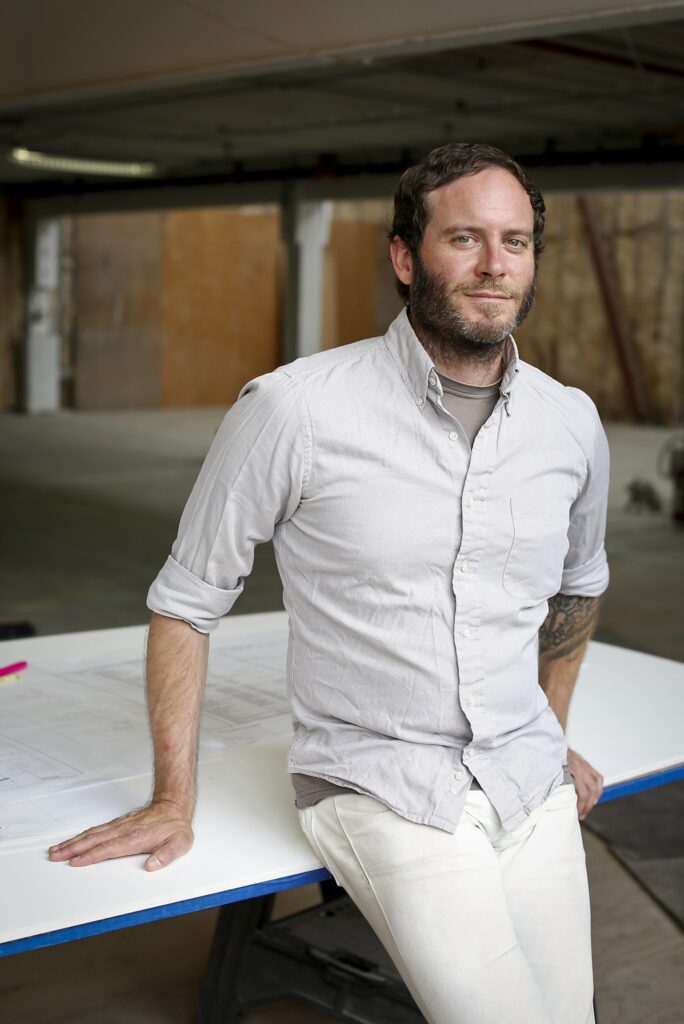
Chad Robertson
Co-Founder, Tartine Bakery
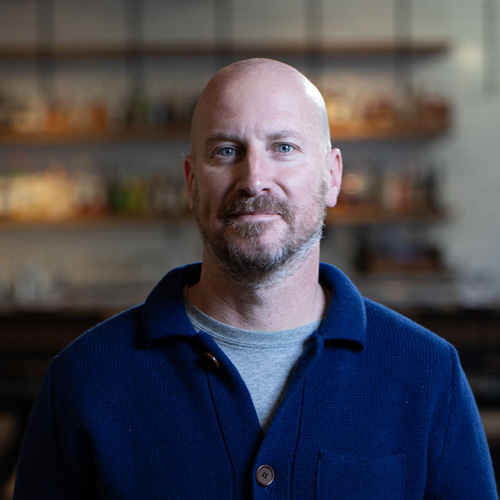
Christopher Jordan
Former Verve Coffee CEO and Tartine Bakery COO.
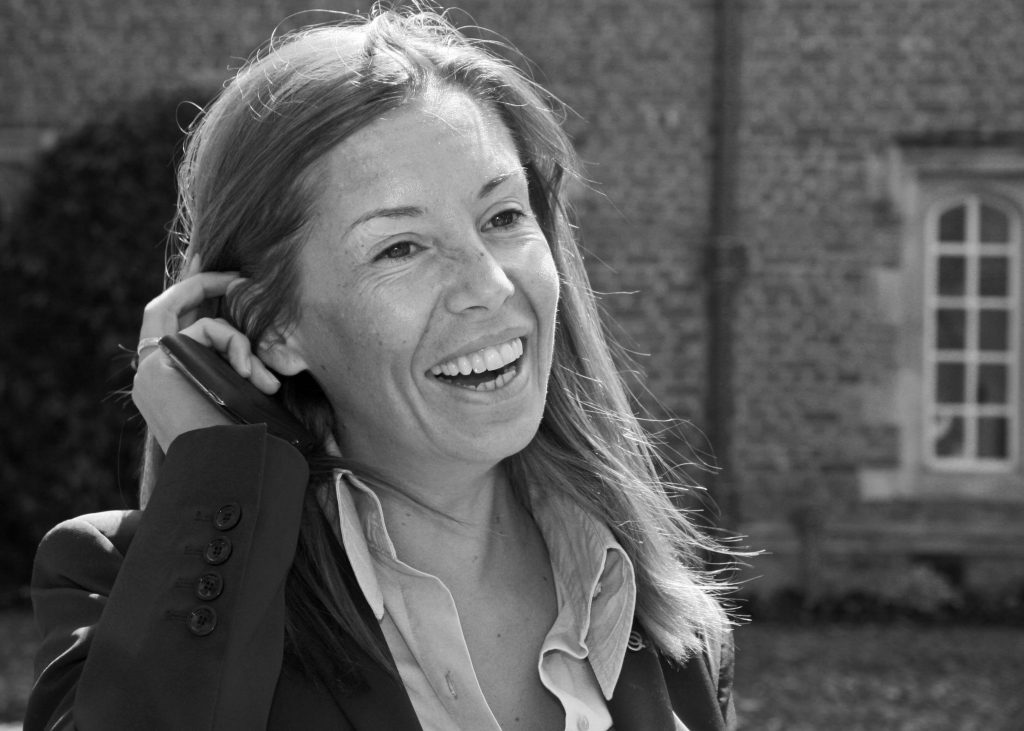
Daria Illy
illycaffè Director of Coffee Culture
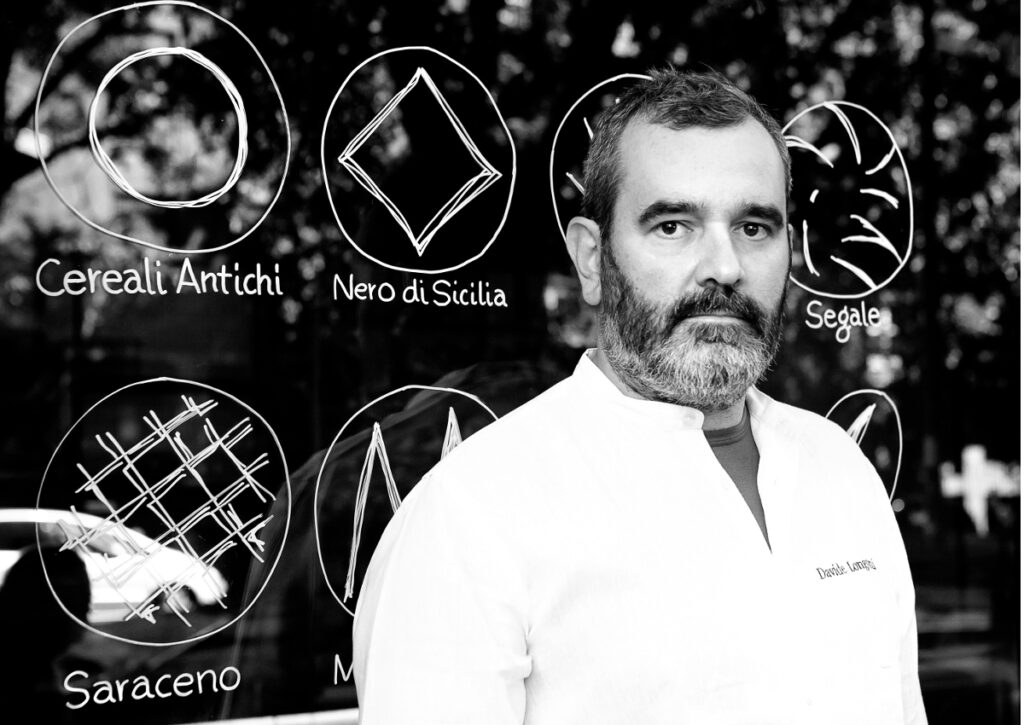
Davide Longoni
Founder of Davide Longoni Pane Terra.
Alexandra Fattal
Former Italy Correspondent, The Economist
Chad Robertson
Co-Founder, Tartine Bakery
Alexandra Fattal
Chad Robertson
Alexandra Fattal
Christopher Jordan
Former Verve Coffee CEO and Tartine Bakery COO.
First of all, I mean, being a founder of a company is unique. I was CEO at Verve, and there’s nothing like being a CEO, there’s just no point of view that’s different. Unless you’re a founder, which has been a lot of fun. So I actually spent most of my time, actually 16 years, at Starbucks. For 10 years out of 16 I was in the coffee manufacturing department, so it was everything with regards to roasting and quality control. And then for 6 years I was on the trading side, and then I was in Europe and Switzerland, working in procurement. Interestingly enough, in 2004, when I started that job in Switzerland, it was not too long after Hurricane Mitch hit in Central America, and we realized 60 to 70% of our volume of coffee was from Central America. So Howard Schultz asked me to focus an entire year on diversifying our supply chain. And, you know, we continue to see those issues happening now. And so I went to East Africa, as part of that effort to diversify, and we ran into a group called TechnoServe, in Southern Tanzania. So I tasted the coffee there and it was amazing. And I said this is really where we can diversify in East Africa, so moving a little bit away from South America and to East Africa. But there were infrastructure issues, issues with smaller supply chains. And so together with TechnoServe while I was still at Starbucks, we actually pitched to the Gates Foundation, and they ended up giving us $58 million. So my wife and I moved to Rwanda, and after that to Ethiopia and we ran those programs to help producers put infrastructure in place, like wet mills.
You know, you wouldn’t think it but in Ethiopia a lot of coffee that was sold as commercial coffee derives literally from spontaneous trees and from the fruit fallen on the ground, and it’s sold for really, really poor prices. Putting together the primary processing infrastructure, helping with agronomy and market access, it almost tripled prices for those producers.
So that’s more of my background. And then Chad called…
I actually came back from Africa and I realized there had been a third wave in coffee, I had no idea I missed the whole third wave. And I think there is a really interesting conversation to have here, and I’d like to talk to Daria more about this. I see small roasters that are proliferating, like husband and wife starting a roastery, and I think it’s awesome. But also what happens there is that their infrastructure is really small, you end up buying spot coffees, so paying more for coffee, you’re actually sometimes having less transparency, you’re really inefficient, you’re handbagging bags, so your cost of conversion and production is really high. So the ability to really get money back to producers is sometimes compromised. And so I think medium-sized companies really need to take more action, again, like illy did. And so we’re trying to grow because I think growing, so the ability to scale craft, allows you to buy container loads of coffee directly from producers.
Anyways, Chad called, we started the roastery, my wife and I started roasting on our own. The first two coffee purchases were from a producer that I bought from for many, many, many years while I was at Starbucks. And this was because I wanted to work with friends, so we could work with producers as producers. Unfortunately, coffee has an incredible colonial past and it’s never really truly been partnerships, like people actually talk about, and I wanted to talk with people in the country of origin, I wanted to be able to have a partner in coffee producing. So I went directly to the people I knew, and then I went to a coop which was one of those built by TechnoServe and the Gates Foundation. So those were our first two coffees at Tartine, we are now three years into it and it’s been a fun journey!
Alexandra Fattal
Christopher Jordan
Alexandra Fattal
Daria Illy
illycaffè Director of Coffee Culture
Alexandra Fattal
Daria Illy
Alexandra Fattal
Chad Robertson
Alexandra Fattal
Chad Robertson
Alexandra Fattal
Davide Longoni
Founder of Davide Longoni Pane Terra.
